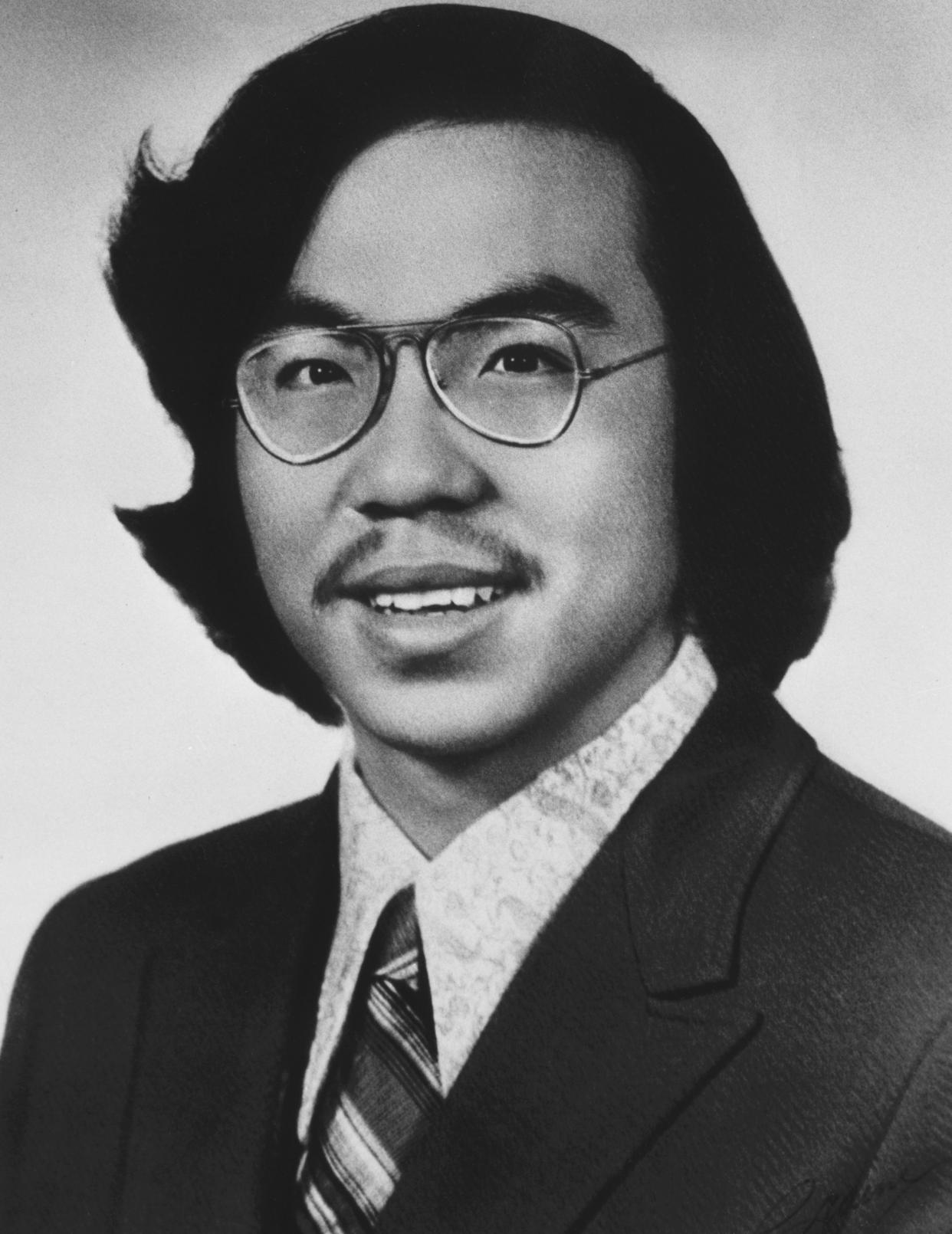Rep. Judy Chu says inflammatory China rhetoric can hurt Asian Americans
Rep. Judy Chu, D-Calif., spoke about the connection between anti-China rhetoric and anti-Asian violence at a launch event Wednesday for a new institute dedicated to the late Vincent Chin.
“Already, Asian Americans have been suffering three years of anti-Asian hate due to Trump calling Covid-19 ‘China virus’ and ‘kung flu,’” she said. “But now, the rhetoric and tension about the U.S.-China relationship comes on top of that, potentially escalating that violence. Today, the focus has shifted to extremists engaging in racial profiling of Chinese Americans.”
The Vincent Chin Institute aims to end anti-Asian hate in the U.S. and advance education on Asian American issues. It’s named after a Chinese American man murdered in 1982 by two white auto workers who blamed Asians for layoffs in the industry.
Advocates say his death the spurred a movement that became a watershed moment in the history of Asian American civil rights.
“Today, over 40 years later, what we learned is that the rhetoric used around economic competition with Asian countries can result in harm and even murder of Asian Americans here at home,” Chu said.

Chu, the first Chinese American elected to Congress and the chair of the Congressional Asian Pacific American Caucus, addressed racist vitriol she has experienced from her colleagues in the House of Representatives.
“Even I have been accused by extremist right-wing Republican congressmen, in particular this one from Texas, of being a spy for China,” she said.
Earlier this year, GOP Rep. Lance Gooden of Texas publicly questioned Chu’s loyalty to the U.S., saying, “I’m really disappointed and shocked that someone like Judy Chu would have a security clearance.”
At the launch event, the congresswoman from California cited this experience as an example of why organizations like the Vincent Chin Institute are necessary. With education materials available in several Asian languages, she foresees it making an impact.
“I’ll never forget learning about Vincent Chin,” Chu said. “I’m beyond confident that the legacy of the Vincent Chin Institute will be extensive.”
